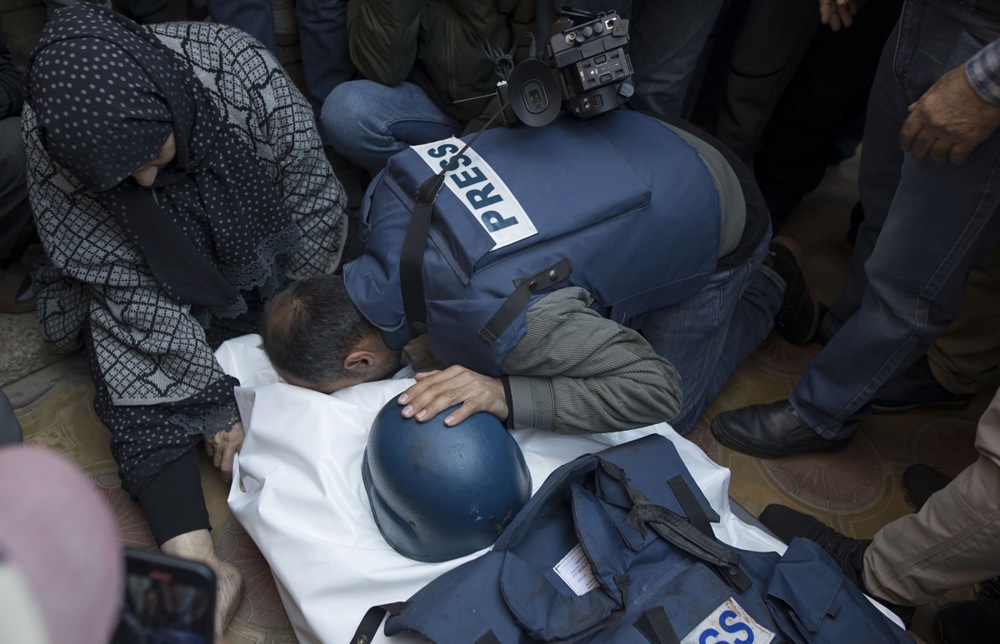By Fanuel Chinowaita
Mutare, Zimbabwe – May 3, 2025 – The Zimbabwe Union of Journalists (ZUJ) has issued a scathing indictment of the government’s failure to protect media freedoms, marking a concerning regression in press freedom on the occasion of World Press Freedom Day.
In a forceful statement, ZUJ Secretary General Perfect Hlongwane accused the authorities of systematically undermining constitutional rights through oppressive laws, invasive surveillance, and the economic suppression of journalists.
Hlongwane specifically pointed to the Criminal Law (Codification and Reform) Amendment Act and the Cyber Security and Data Protection Act as instruments wielded to suppress dissent, referencing the recent arrests of journalists Blessed Mhlanga and Owen Madondo for their critical reporting.
The Secretary General also condemned the Interception of Communications Act, which facilitates state surveillance of journalists, alongside the Maintenance of Peace and Order Act (MOPA), frequently employed to impede coverage of protests and civic disturbances. “These laws starkly violate both the letter and spirit of our Constitution,” Hlongwane asserted, calling for swift legislative reforms.
He further criticized the Broadcasting Services Act and the Zimbabwe Media Commission Act as antiquated mechanisms stifling media diversity, urging the establishment of an independent regulatory framework free from governmental interference. Beyond legal threats, journalists in Zimbabwe endure extremely challenging working conditions, facing unpaid wages, lack of formal contracts, and physical harassment from both state and non-state actors.
Hlongwane emphasized the importance of engaging in constructive dialogue with media employers to secure fair labor conditions, underscoring that “press freedom is also about labor rights.”
This warning coincides with the release of the 2025 Press Freedom Index by Reporters Without Borders (RSF), which highlights a global decline in media freedom, with Zimbabwe remaining one of the worst offenders. RSF noted that, although physical assaults on journalists remain prevalent, economic pressures—such as advertisement boycotts and funding cuts—are increasingly deployed to silence dissenting voices.
The distressing findings were echoed in a new podcast featuring exiled journalists from Syria and Russia, who detailed the significant challenges of reporting under repressive regimes, including source distrust and psychological burdens.
Internationally, press freedom faces additional threats, with current U.S. President Donald Trump enacting an executive order aimed at withholding public funding from NPR and PBS, accusing them of perpetuating “woke propaganda.”
This initiative mirrors prior attempts to dismantle U.S.-funded international broadcasters like Voice of America (VOA) and Radio Free Europe/Radio Liberty (RFE/RL), negatively impacting journalists and fragmenting global news landscapes.
In his closing remarks, Hlongwane advocated for a Media Freedom Charter crafted in partnership with civil society and a platform for collective bargaining to safeguard journalists’ rights.
“Without truth, democracy dies. Without justice for media workers, press freedom is a mirage,” he declared. As Zimbabwe’s media climate becomes increasingly hostile, ZUJ’s message reinforces an urgent truth: the fight for press freedom is not only legal—it is a matter of survival.

